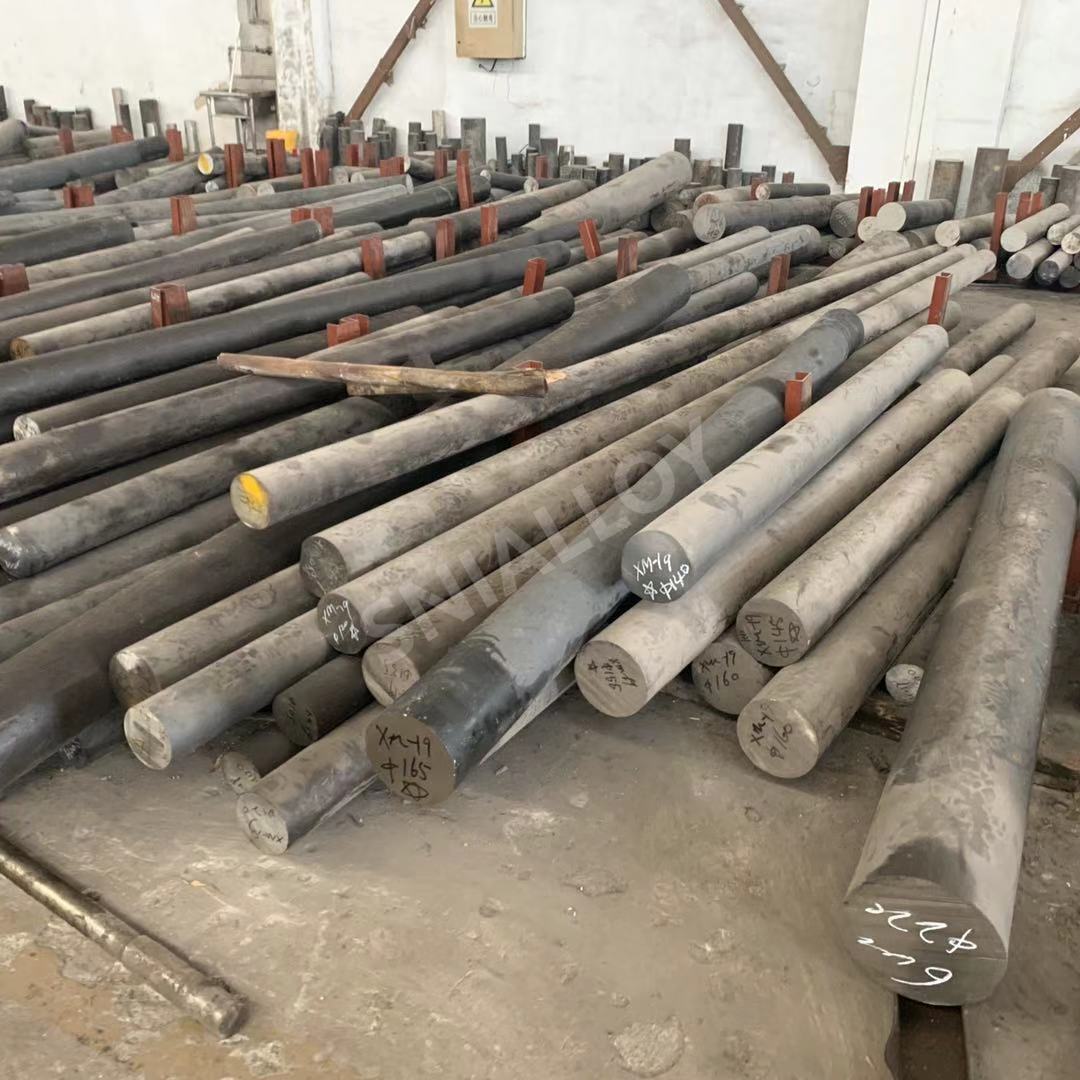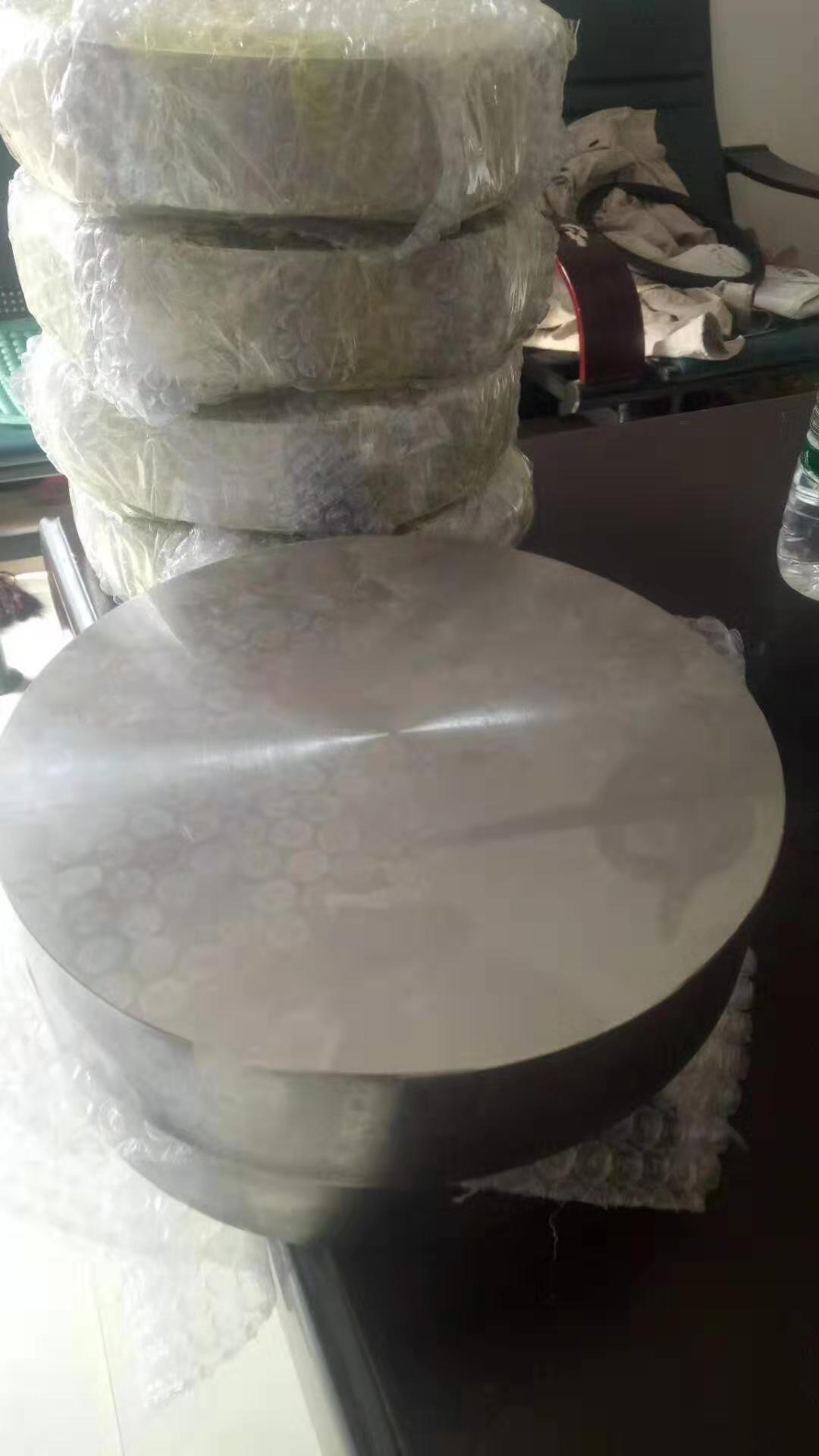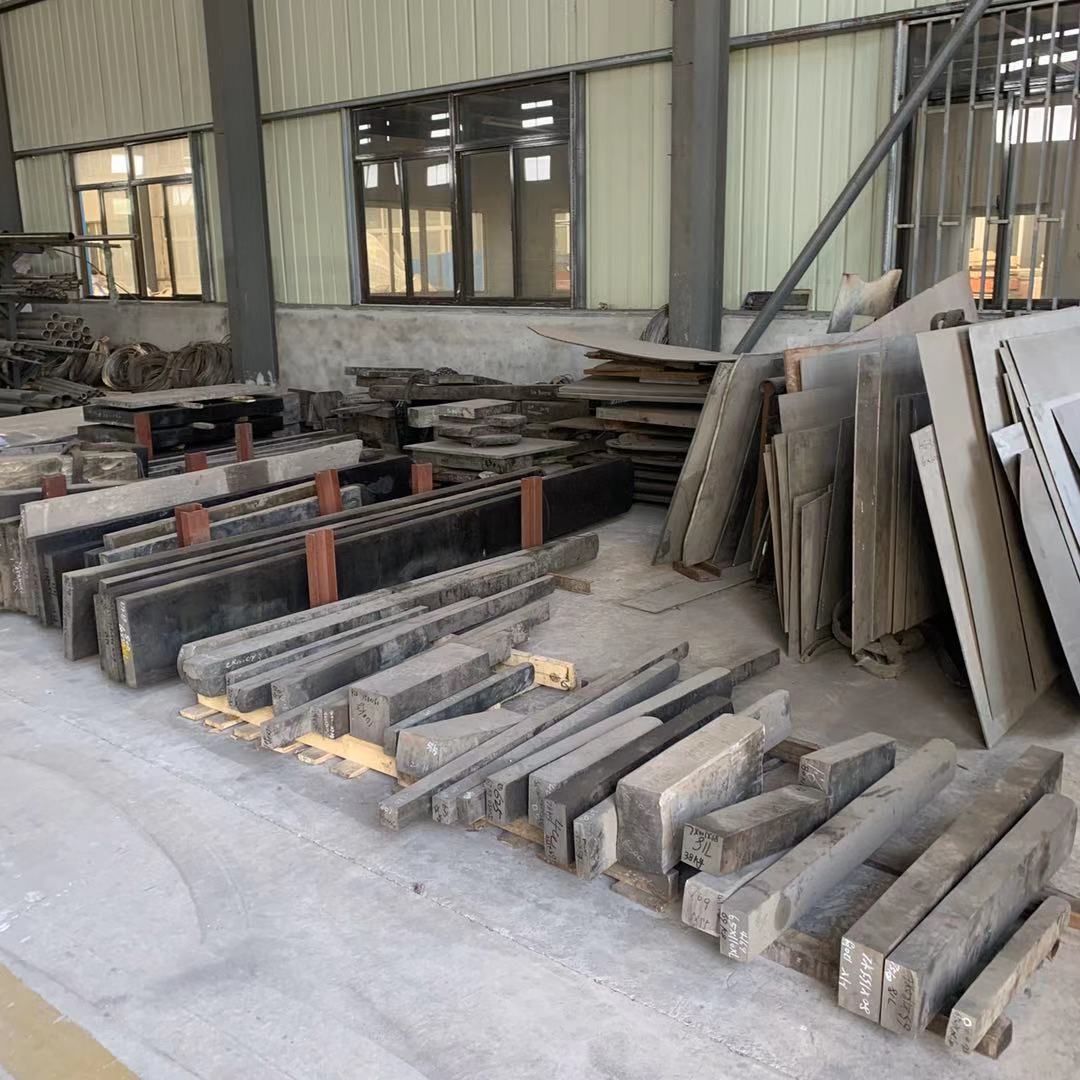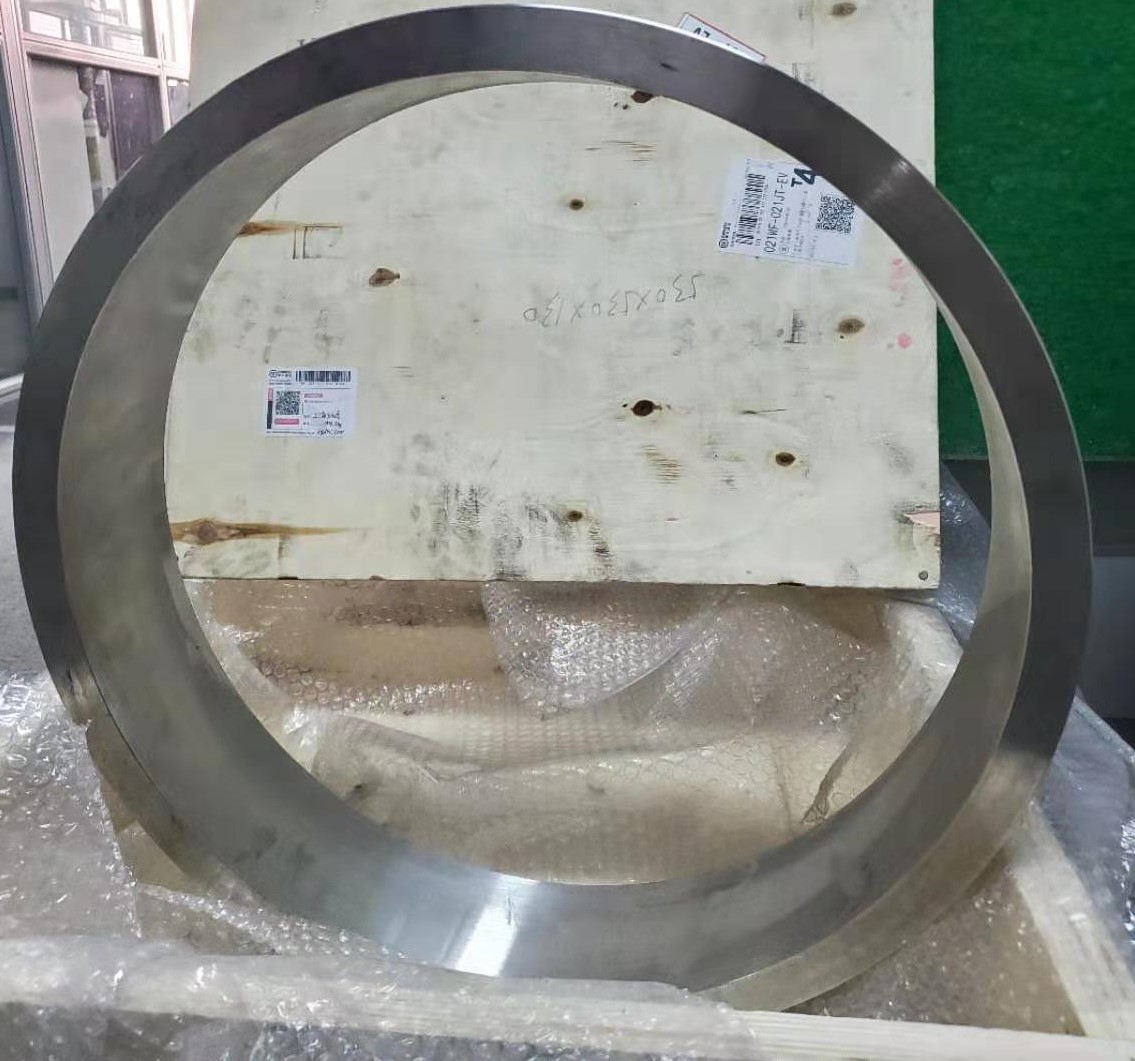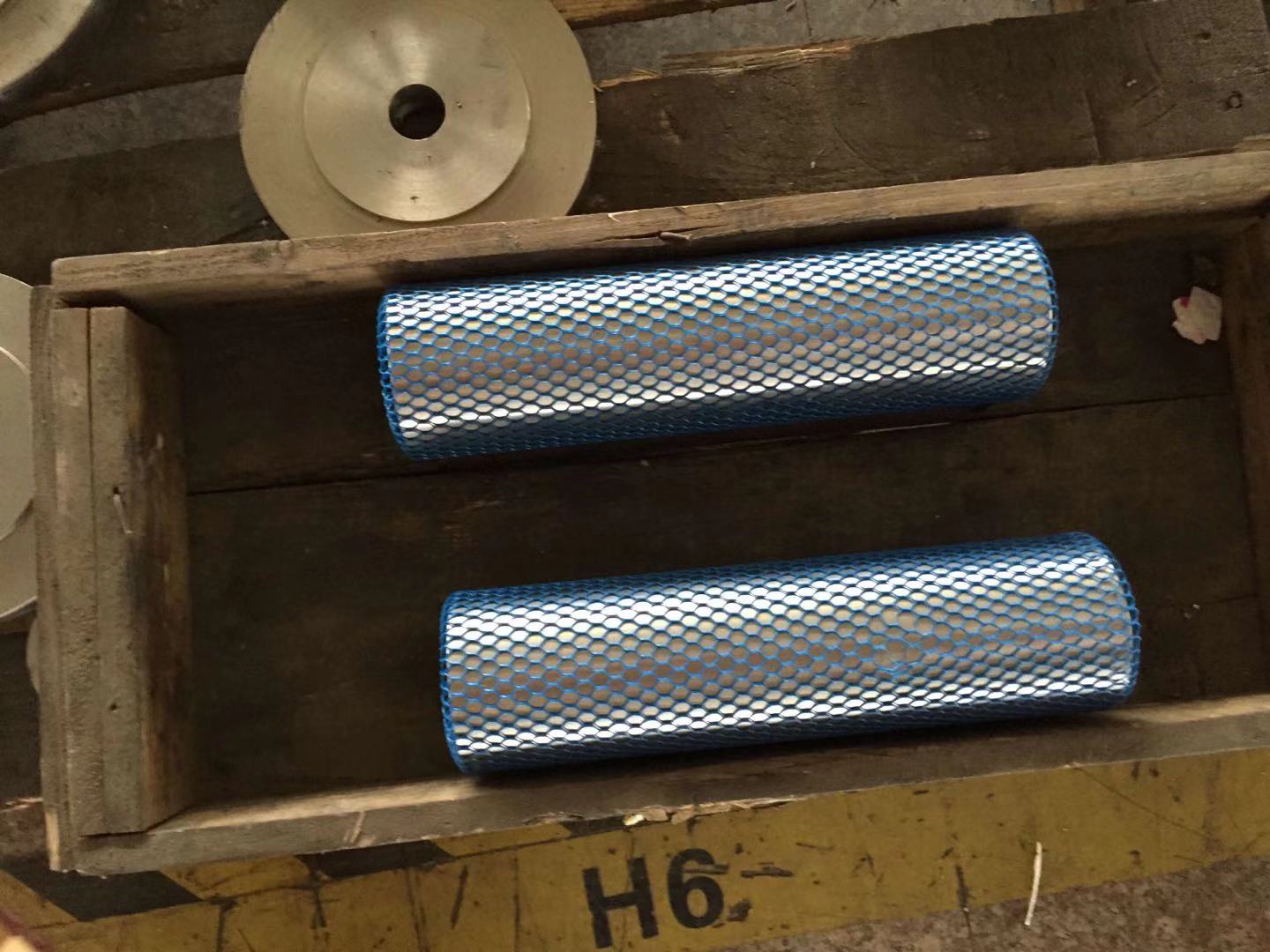Medical titanium tube has excellent biocompatibility, corrosion resistance, light weight and high strength, and is an ideal material for medical implants and surgical instruments. Titanium tubes are widely used in orthopedic and cardiovascular surgery, and are commonly used in the manufacture of orthopedic fixators, endoscopes, catheters and vascular stents. Medical titanium tubes usually include Gr2, Gr5 and Gr23 grades to meet the needs of different medical applications.
medical titanium tube
chemical composition
- Gr2 (pure titanium):
-Titanium (Ti):99% or more
-Oxygen (O):≤ 0.3%
-Nitrogen (N):≤ 0.03%
-Hydrogen (H):≤ 0.015%
-Carbon (C):≤ 0.08%
- Gr5(Ti-6Al-4V):
-Titanium (Ti): about 90%
-Aluminum (Al):6%
-Vanadium (V):4%
- Gr23(Ti-6Al-4V ELI):
-Titanium (Ti): about 90%
-Aluminum (Al):6%
-Vanadium (V):4%
-Oxygen (O):≤ 0.13%
physical properties
-Density: 4.51 g/cm & sup3;(pure titanium),4.43 g/cm & sup3;(titanium alloy)
-Melting point: 1660°C
-Tensile strength:
- Gr2: about 345 MPa
- Gr5:≥ 895 MPa
- Gr23:≥ 860 MPa
mechanical properties
-Yield Strength:
- Gr2: about 275 MPa
- Gr5:≥ 830 MPa
- Gr23:≥ 795 MPa
-ductility: good, suitable for a variety of forming process
Application areas
-Orthopedic implants: Titanium tubes are used to manufacture internal fixators and intramedullary nails in orthopedic operations.
-Cardiovascular devices: Titanium tubes are widely used in implants such as vascular stents and heart valves.
-Endoscopes and Catheters: Titanium tubes are suitable for medical catheters and endoscope tubes due to their corrosion resistance and high strength.
Supply Specifications
-outer diameter: 1mm - 50mm
-wall thickness: 0.2 mm-5mm
-length: customized according to customer needs














